Key strategies for working with contractors
Parkdale resident shares her advice for a successful experience
In April, Sinder Sparks’ Parkdale home suffered a major fire. Since then, she’s been rebuilding it.
Sparks has engaged the services of several contractors on numerous construction projects over the years and is eager to share the lessons she’s learned with others, hoping they will benefit from the knowledge to make more informed decisions.
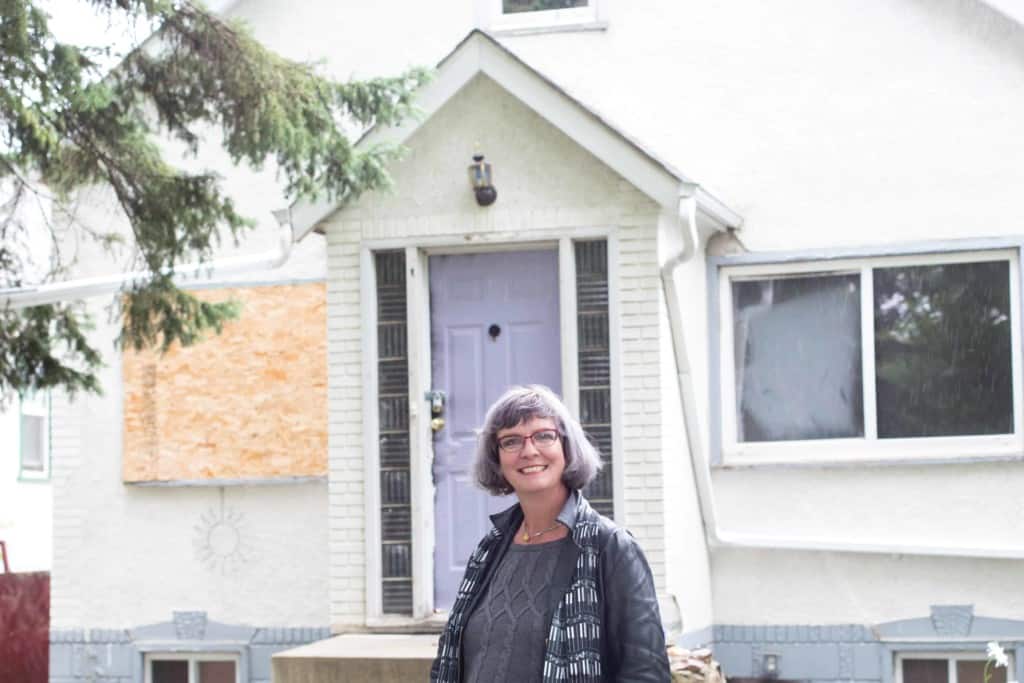
Sinder Sparks has been working with contractors to repair her home. | Rebecca Lippiatt 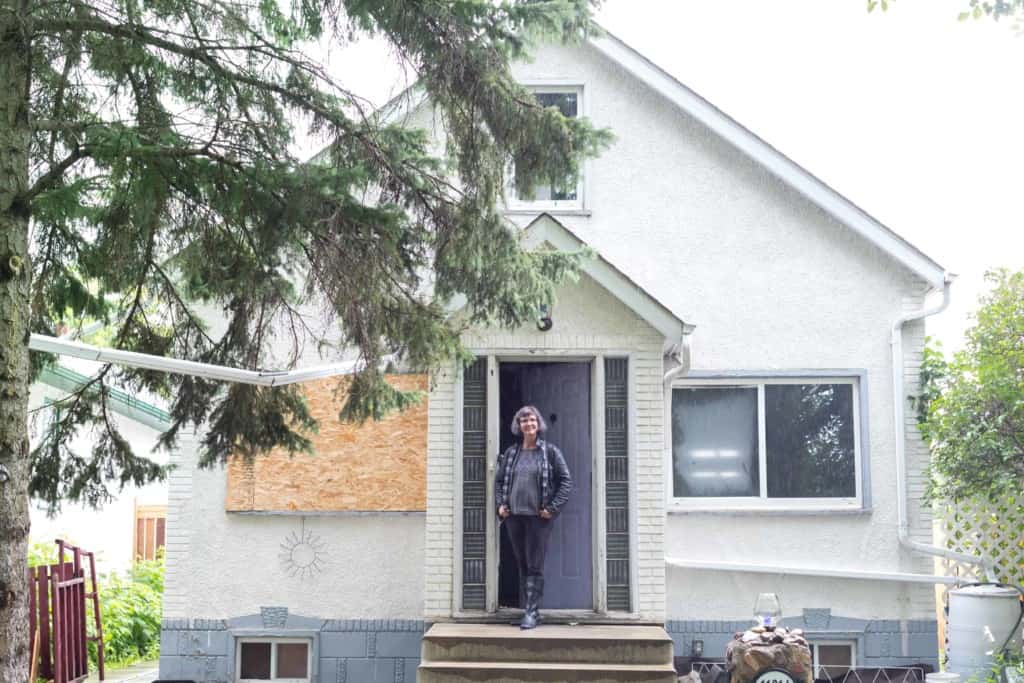
Sinder Sparks offers tips to a good working relationship with contractors. | Rebecca Lippiatt 
Sinder Sparks has worked with several contactors over the years. | Rebecca Lippiatt 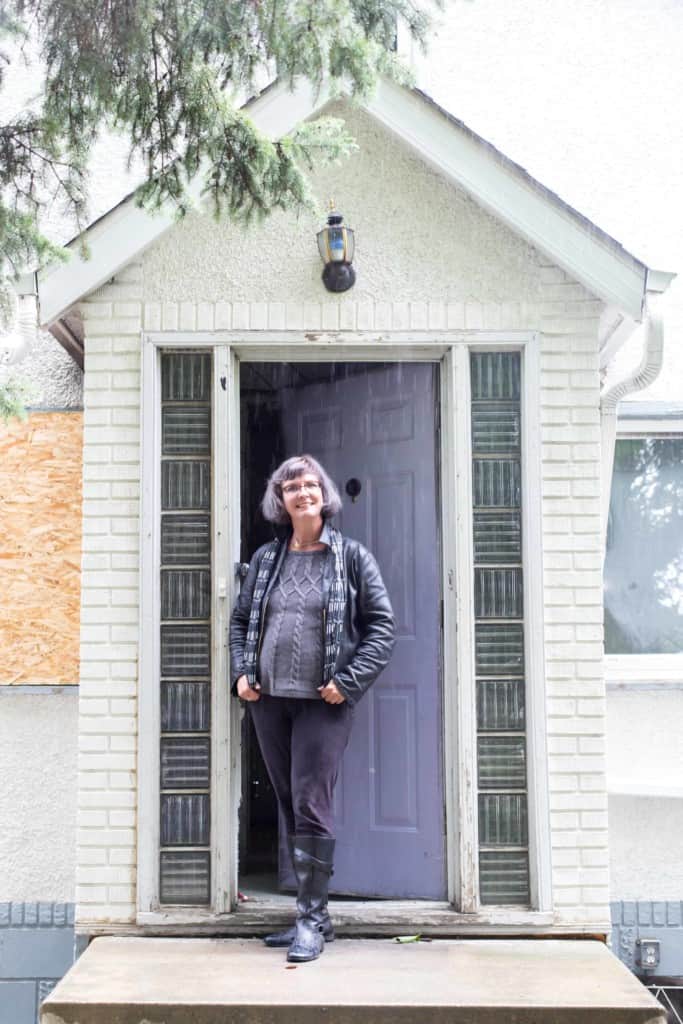
When looking into repairing her home, Sinder Sparks went with her insurance company’s preferred contractor since it had additional protection. | Rebecca Lippiatt 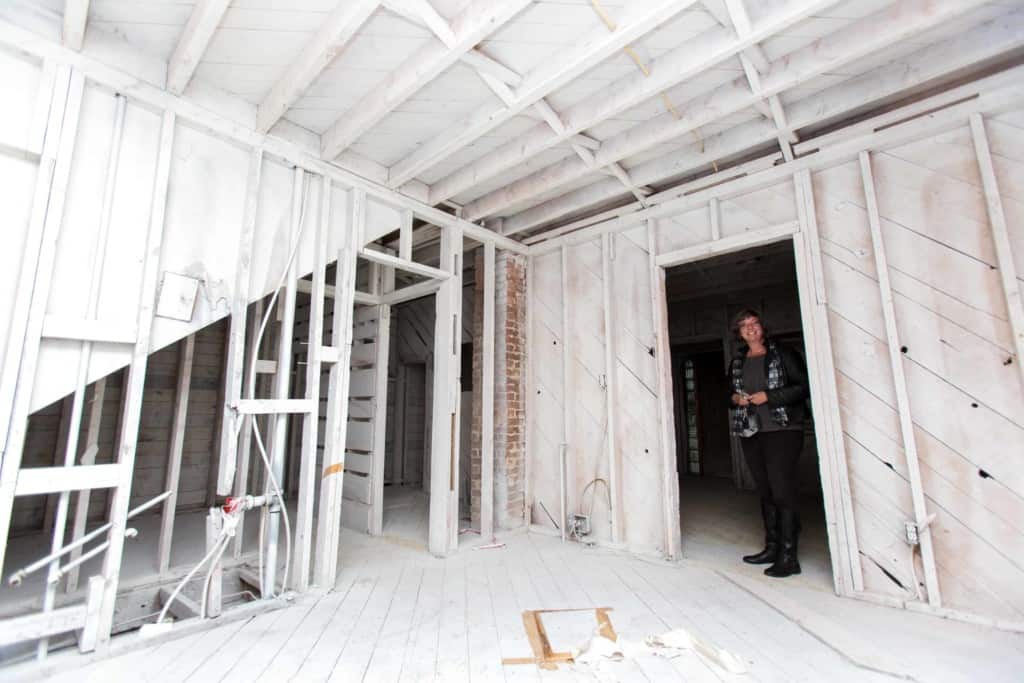
Do your homework when selecting a contactor. | Rebecca Lippiatt 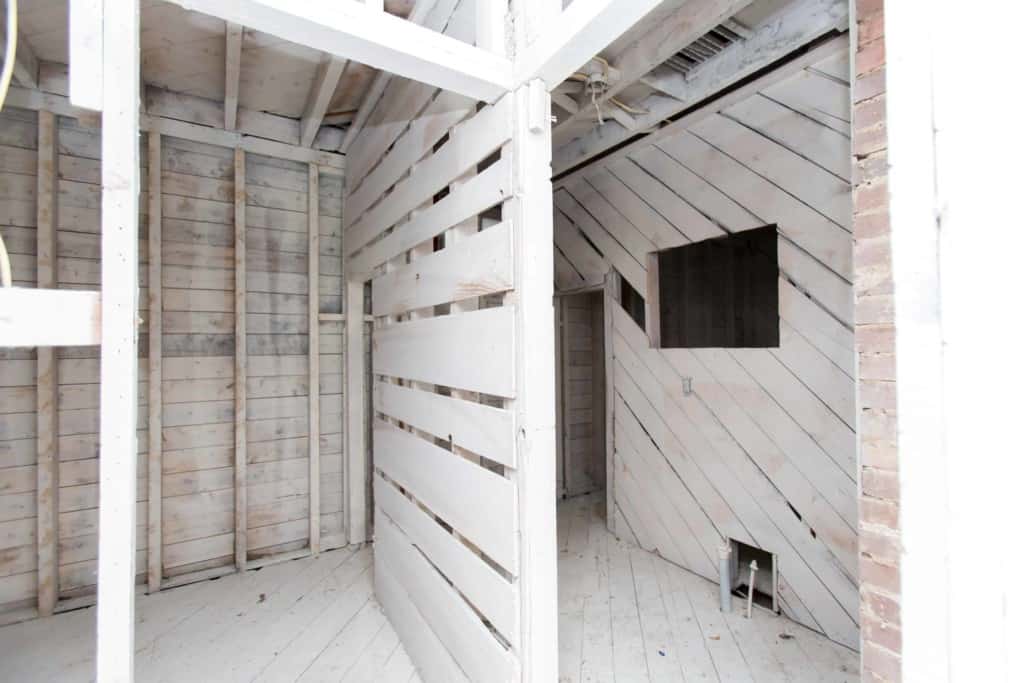
Clear, written communication for timeline and cost is important. | Rebecca Lippiatt 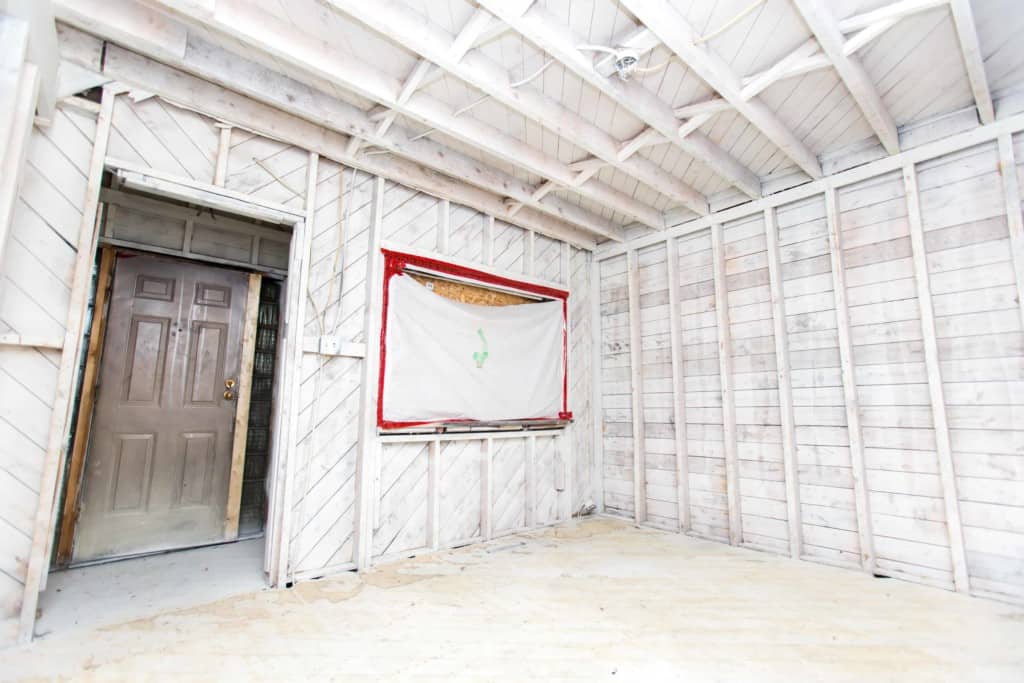
Ask for recommendations, research the company, and do background checks. | Rebecca Lippiatt 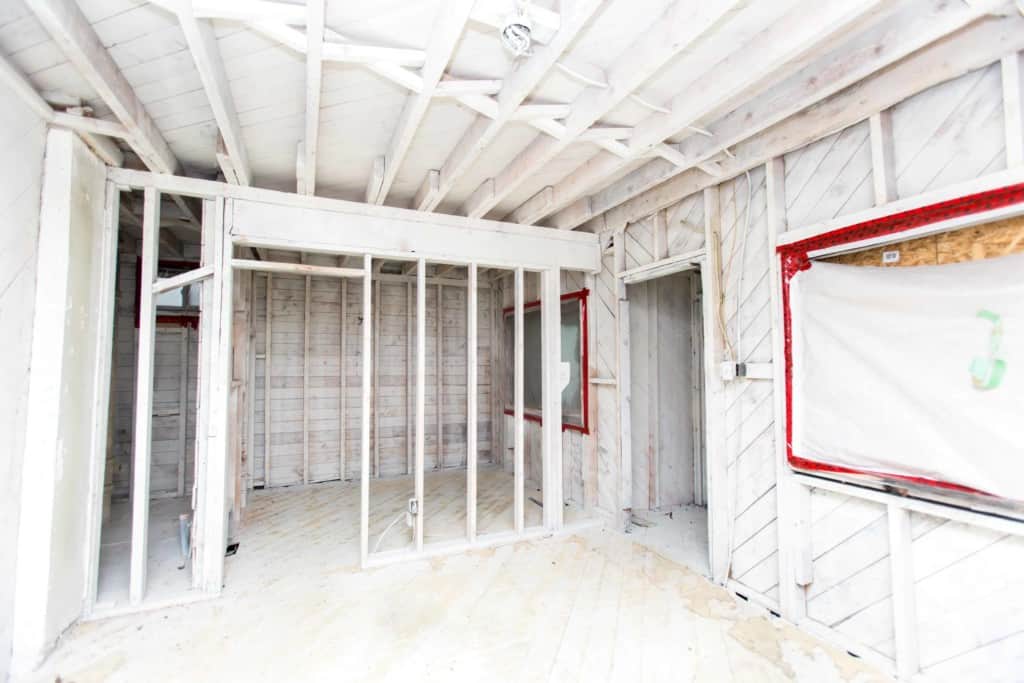
Setting clear expectations with your contractor is a good way to ensure a successful relationship. | Rebecca Lippiatt 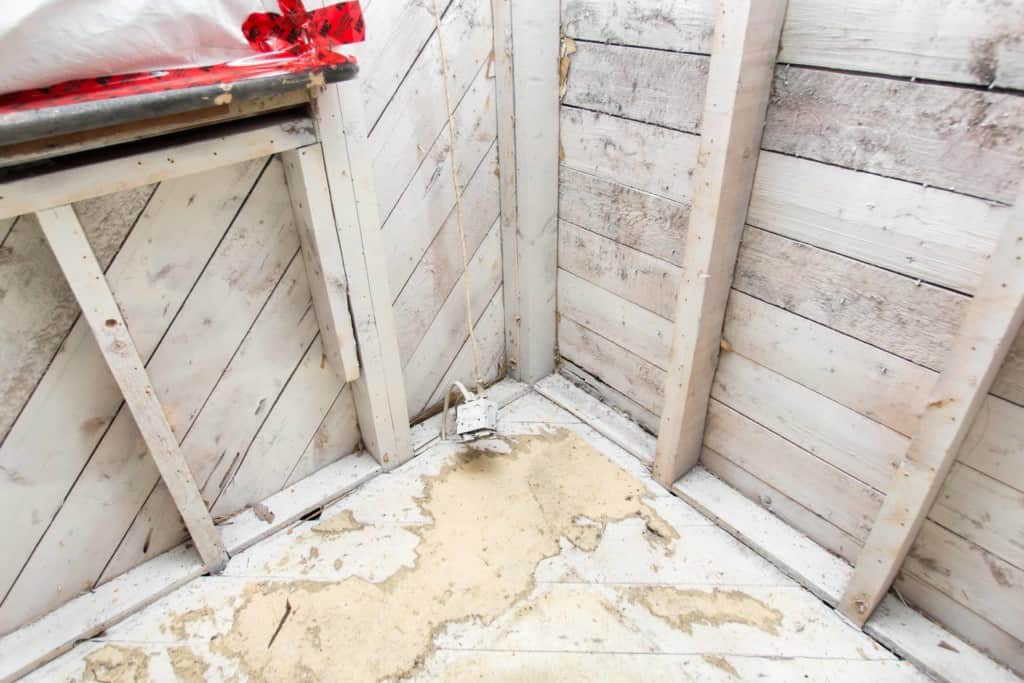
Don’t forget insurance in case something goes wrong. | Rebecca Lippiatt
She’s adopted her own strategies when working with contractors.
“It is key to understand your project needs [in order] to hire a contractor that is appropriate for the job, including permit requirements. Know the contractor’s capacity to employ the required tradesmen, or if a contractor plans to subcontract some or all of the work required for your project.”
Important strategies include project management considerations for timeline, construction season, and impacts to project and budget. Your choice of contractor will be dependent on these factors. And don’t forget insurance. Who is liable if something goes wrong?
“Be sure you as the property owner are protected,” says Sparks. She adds: “Subcontracting can increase the cost of your project and may have potential for complications to your project’s completion. Understand permit requirements so you can be assured that project is approved before construction begins as you risk the full removal of the build and the cost with it. You need to have clear communication with your contractor with set expectations.”
When the project is underway, it can be easy for things to go wrong. Sparks cautions not to lose focus on details and get sold on your dream.
“Even the best people need background checks. No exceptions, and solid contractors expect to provide credentials to clients, not just references,” says Sparks.
Always be vigilant and pay attention to red flags.
“Some problem contractors are very professional and do not have obvious red flags. Business cards with no address was a personal lesson for me among many over 15 years of home ownership. We have a world of access to information today; it is easy to search for a business licence. Yet, we can do so much more if we take the time to visit the contractor’s place of business and start from there.”
Do your homework and research as much as possible to avoid regrets.
“Be prepared to talk to people and asking for recommendations is a very good place to start. Research the company online and through the civic and provincial registries. You can inquire about their current and past permit applications, a worthy and time-consuming process. I am currently rebuilding after a house fire this April. I selected my insurance company’s preferred contractor because of the additional protection it offered me to complete the rebuild correctly and timely. This is a noteworthy status for a contractor to have.”
Homeowners also have a role to play to improve relationships with contractors.
“The homeowner should be prepared with questions for consultation of the project. [Ensure there is] clear written communication for timeline and cost details. Know the difference between an estimate and a quote for both time and money with your contractor. Be respectful of work hours for communication and set check-in times for progress discussions. Give the contractor the space to do the job and respect work site safety at all times.”
Featured Image: Back in April, Sinder Sparks’ Parkdale home suffered major damage from a fire. | Rebecca Lippiatt







